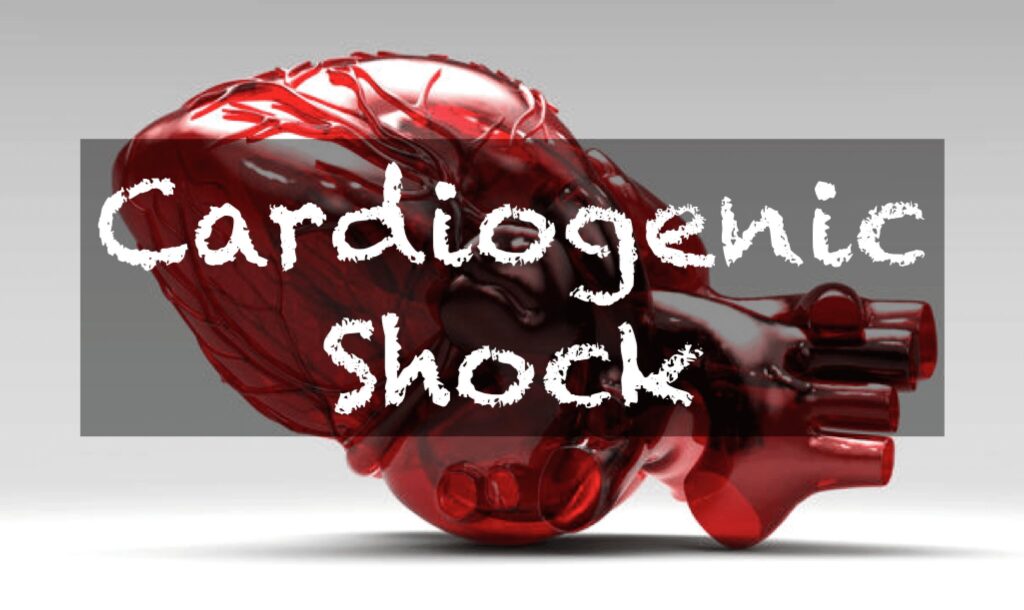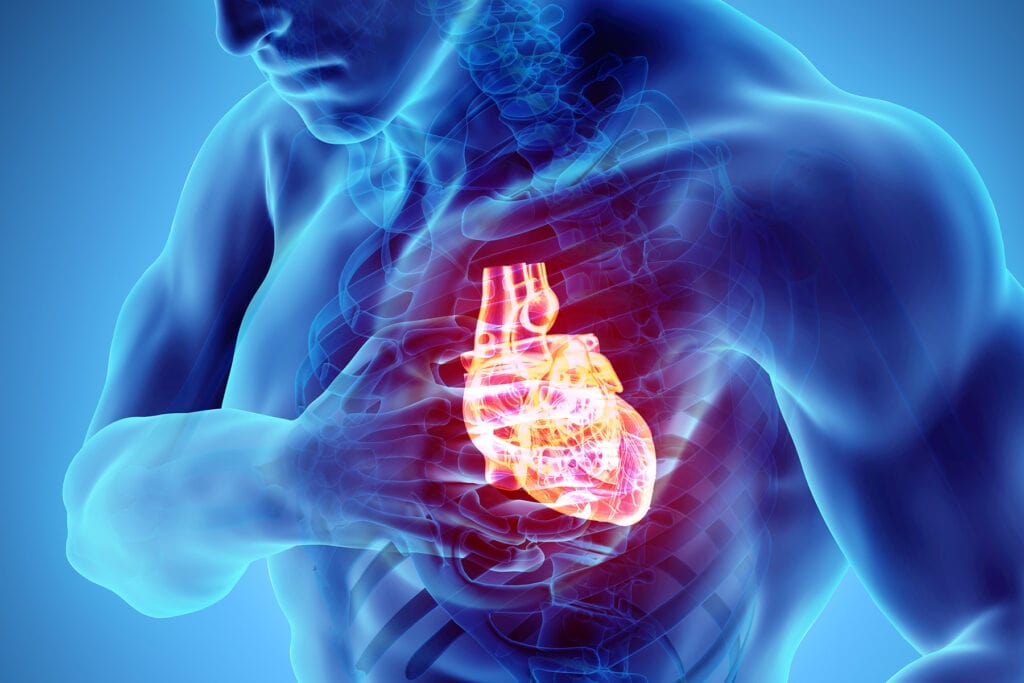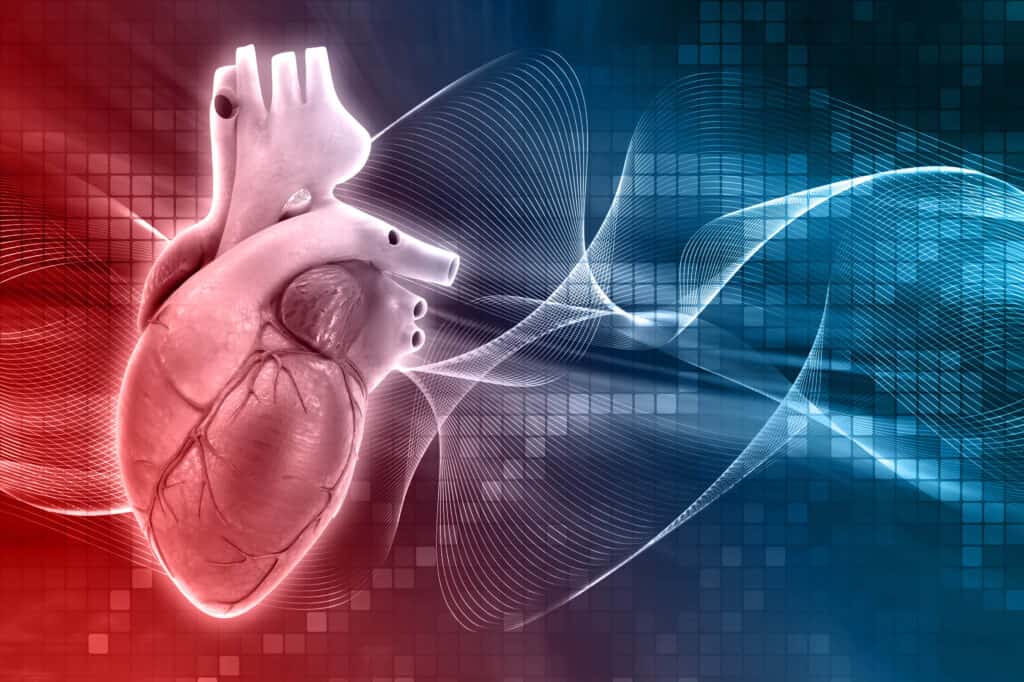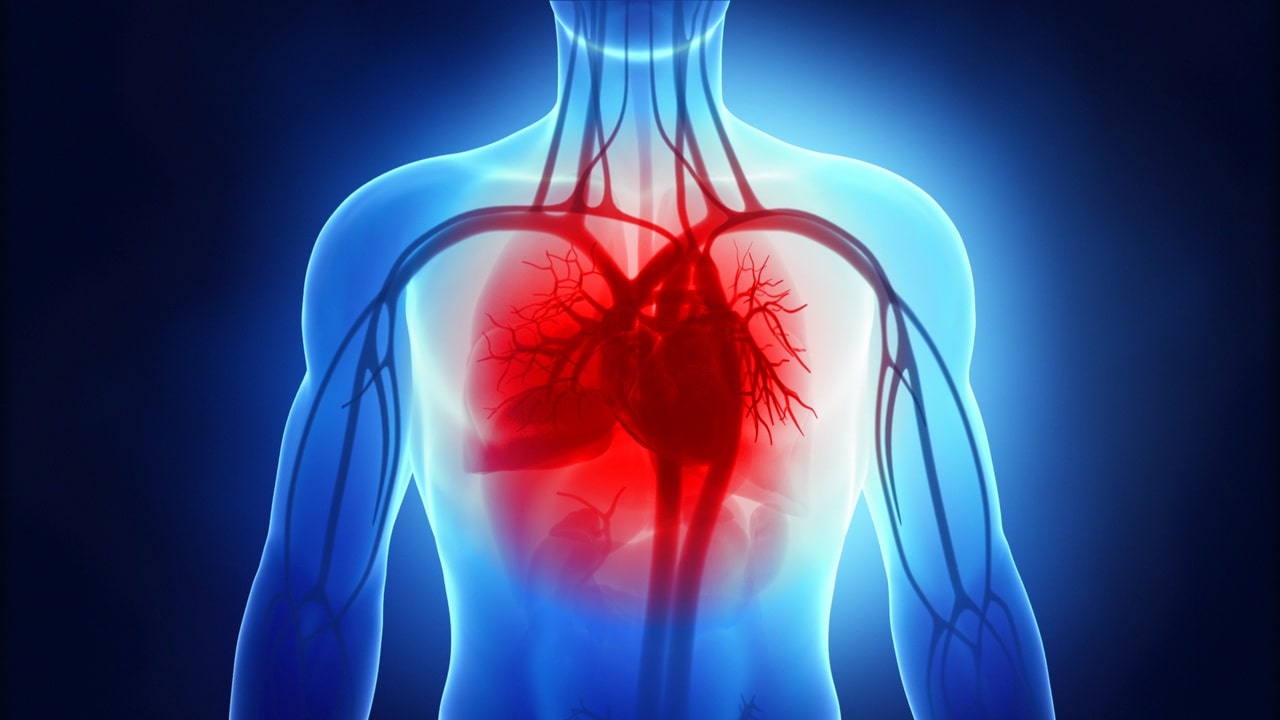WHAT IS CARDIOGENIC SHOCK?
Cardiogenic shock is a life-threatening condition in which your heart unexpectedly cannot pump enough blood to meet your body’s requirements. The state is most usually caused by a serious heart attack, but not everyone who has a heart attack has a cardiogenic shock.
Cardiogenic shock is uncommon. It is usually deadly if not treated immediately. When treated promptly, about half the people who develop the condition survive.
CARDIOGENIC SHOCK SYMPTOMS
Cardiogenic shock signs and symptoms include:
- Rapid breathing
- Severe shortness of breath
- Unexpected, rapid heartbeat (tachycardia)
- Loss of consciousness
- Weak pulse
- Low blood pressure (hypotension)
- Sweating
- Pale skin
- Cold hands or feet
- Urinating less than normal or absolutely not

SYMPTOMS OF A HEART ATTACK
Because cardiogenic shock generally happens in people who are having a serious heart attack, it is crucial to know the signs and symptoms of a heart attack. These include:
- Pressure, fullness, or a squeezing pain in the center of your chest that lasts longer than a few minutes
- Pain radiating to your shoulder, one or both of your arms, your back, or even your teeth and jaw
- Increasing episodes of chest pain
- Shortness of breath
- Sweating
- Light-headedness or unexpected dizziness
- Nausea and vomiting
Look for medical attention immediately when having these signs or symptoms to reduce your risk of developing cardiogenic shock.
WHEN SHOULD YOU SEE A DOCTOR?
Getting heart attack treatment immediately improves your chance of survival and lowers damage to your heart. If you are having symptoms of a heart attack, call 911 or other emergency medical services for help. If you do not have access to emergency medical services, have someone drive you to the closest hospital. Do not drive yourself.

CARDIOGENIC SHOCK CAUSES
In most cases, a lack of oxygen to your heart, generally from a heart attack, damages its main pumping chamber (left ventricle). Without oxygen-rich blood flowing to that region of your heart, the heart muscle could weaken and enter into the cardiogenic shock.
Rarely, damage to your heart’s right ventricle, which supplies blood to your lungs to get oxygen, results in cardiogenic shock.
Other potential causes of cardiogenic shock include:
- Swelling of the heart muscle (myocarditis)
- Infection of the heart valves (endocarditis)
- Weakened heart from any cause
- Drug overdoses or poisoning with substances that could affect your heart’s pumping ability
- Cardiogenic Shock Treatment
CARDIOGENIC SHOCK RISK FACTORS
If you have a heart attack, your risk of developing cardiogenic shock is higher if you:
- Are older
- Previous history of heart failure or heart attack
- Have blockages (coronary artery disease) in several of your heart’s major arteries
- Have diabetes or high blood pressure
- Are female
CARDIOGENIC SHOCK COMPLICATIONS
If not treated immediately, the cardiogenic shock could lead to death. Another severe complication is damage to your liver, kidneys, or other organs from lack of oxygen, which could be permanent.

CARDIOGENIC SHOCK PREVENTION
The best way to prevent cardiogenic shock is to make lifestyle adjustments to keep your heart healthy and your blood pressure under control.
- Do not smoke, and avoid secondhand smoke – If you smoke, the best way to decrease your heart attack risk is to quit.
- Maintain a healthy weight – Being overweight contributes to other risk factors for heart attack and cardiogenic shocks, like high blood pressure, cardiovascular disease, and diabetes. Losing just 10 pounds (4.5 kilograms) could lower blood pressure and improve cholesterol levels.
- Eat less cholesterol and saturated fat – Limiting these, particularly saturated fat, could lower your risk of heart disease. Circumvent trans fats.
- Use less salt – Too much salt (sodium) leads to fluid accumulating in the body, which could strain the heart. Plan less than 2,300 milligrams (mg) a day of sodium. Salt could be found in many canned and processed goods, so it is a good idea to check food labels.
- Cut back on sugar – This will help you circumvent nutrient-poor calories and help you maintain a healthy weight.
- Limit alcohol – If you opt to drink alcohol, do so in moderation. For healthy adults, that means up to 1 drink a day for women and up to 2 drinks a day for men.
- Exercise regularly – Exercise could reduce your blood pressure and improve the overall health of your blood vessels and heart. Achieve a minimum of 150 minutes of moderate aerobic activity or 75 minutes of vigorous aerobic activity every week or a combination of moderate and vigorous activity. It is recommended to spread out this exercise during the course of a week. More exercise will give you even more health benefits.
If you have a heart attack, quick action could help prevent cardiogenic shock. Look for emergency medical help if you think you are having a heart attack.
CARDIOGENIC SHOCK DIAGNOSIS
Cardiogenic shock is generally diagnosed in an emergency setting. Doctors will look for signs and symptoms of cardiogenic shock, and will then perform tests to find the cause. Tests may include:
- Blood pressure measurement – People in cardiogenic shock have very low blood pressure.
- Electrocardiogram (ECG or EKG) – This quick, non-invasive test records the electrical activity of your heart using electrodes connected to your skin. If you have damaged heart muscle or fluid accumulate around your heart, the heart would not send electrical signals normally.
- Chest X-ray – A chest X-ray shows the size and shape of your heart and whether there is fluid in your lungs.
- Blood tests – You will have blood drawn to check for organ damage, infection, and heart attack. An arterial blood gas test may be done to measure oxygen in your blood.
- Echocardiogram – Sound waves make a picture of your heart. This test could help identify damage from a heart attack.
- Cardiac catheterization (angiogram) – This test could reveal blocked or narrowed arteries. A doctor inserts a long, thin tube (catheter) through an artery in your leg or wrist and directs it to your heart. The dye flows through the catheter, making your arteries more easily visible on X-ray.

CARDIOGENIC SHOCK TREATMENT
Cardiogenic shock treatment concentrates on reducing the damage from lack of oxygen to your heart muscle and other organs.
Emergency life support
Most people who have cardiogenic shock require extra oxygen. If necessary, you will be connected to a breathing machine (ventilator). You will receive medications and fluid through an intravenous (IV) line in your arm.
Medications
Fluids and plasma are given through an intravenous (IV) line. Medications to treat cardiogenic shock are given to increase your heart’s pumping capacity and lower the risk of blood clots.
- Vasopressors – These medications are used to manage or treat low blood pressure. The medications consist of dopamine, epinephrine (Adrenaline, Auvi-Q), norepinephrine (Levophed), and others.
- Inotropic agents – These medications, which help improve the pumping function of the heart, might be given till other treatments begin to work. They include dobutamine, dopamine, and milrinone.
- Aspirin – Aspirin is generally given immediately to lower blood clotting and keep blood moving through a narrowed artery. Take an aspirin yourself while waiting for help to arrive only if your doctor has earlier told you to do so for symptoms of a heart attack.
- Antiplatelet medication – Emergency room doctors may give you drugs identical to aspirin to help prevent new clots from forming. These drugs consist of clopidogrel (Plavix), tirofiban (Aggrastat), and eptifibatide (Integrilin).
- Other blood-thinning medications – You will likely be given other medications, like heparin, to make your blood less likely to form clots. Intravenous (IV) or injectable heparin generally is given during the first few days after a heart attack.
Surgeries and other procedures
Medical procedures to treat cardiogenic shock generally concentrate on restoring blood flow through your heart. They include:
- Angioplasty and stenting – If a blockage is discovered during cardiac catheterization, your doctor could insert a long, thin tube (catheter) equipped with a special balloon through an artery, generally in your leg, to an obstructed artery in your heart. Once in position, the balloon is temporarily inflated to open the blockage.
A metal mesh stent may be inserted through the artery to keep it open over time. Generally, your doctor will place a stent coated with a slow-releasing medication to help keep your artery open. - Balloon pump – Your doctor inserts a balloon pump in the major artery off of your heart (aorta). The pump inflates and deflates inside the aorta, helping blood flow and taking some of the workloads off from your heart.
- Extracorporeal membrane oxygenation (ECMO) – Extracorporeal membrane oxygenation (ECMO) helps improve blood flow and supplies oxygen to the body. Blood is pumped outside of your body to a heart-lung machine that eliminates carbon dioxide and supplies oxygen-filled blood back to tissues in the body.
If the drugs and other procedures do not work to treat cardiogenic shock, your doctor may suggest surgery. - Coronary artery bypass surgery – This surgery uses a healthy blood vessel in your leg, arm, or chest to create a new pathway for blood so it could flow around a blocked or narrowed artery. Your doctor may recommend this surgery after your heart has had time to recover from your heart attack. Sometimes, bypass surgery is done as an emergency treatment.
- Surgery to repair an injury to your heart – At times an injury, like a tear in one of your heart’s chambers or a damaged heart valve, could cause cardiogenic shock. Surgery may correct the problem.
- Ventricular assist device (VAD) – A mechanical device could be implanted into the abdomen and connected to the heart to help it pump. A ventricular assist device (VAD) may extend and improve the lives of some people with end-stage heart failure who are waiting for new hearts or are not able to have a heart transplant.
- Heart transplant – If your heart is so damaged that no other treatments work, a heart transplant might be the last resort.
If you or anyone you know is suffering from cardiogenic shock, our expert providers at Specialty Care Clinics will take care of your health and help you recover.
Call (469) 545-9983 to book a telehealth appointment for an at-home check-up.
